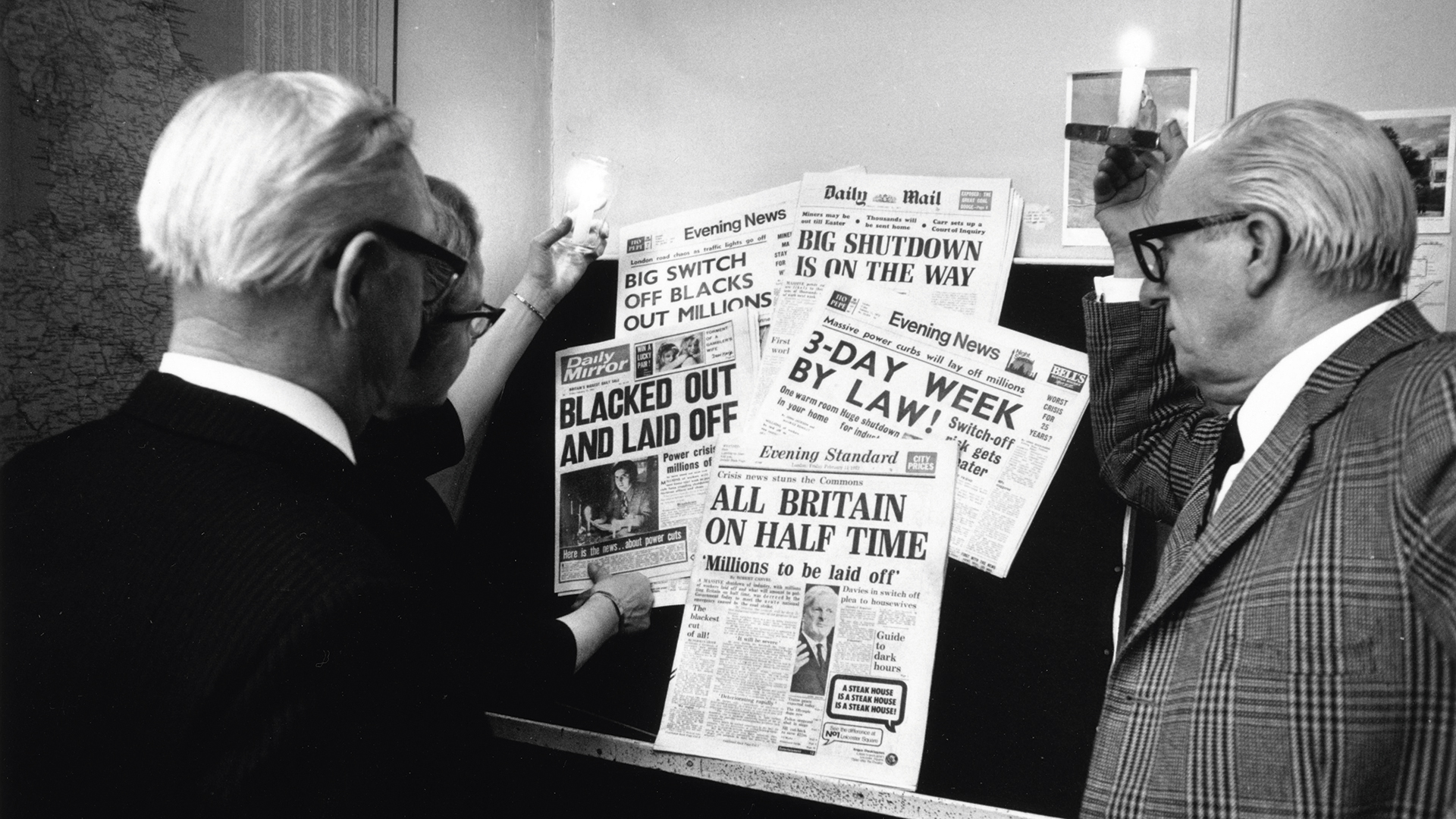Apparently a million people have been taken out of the workforce by the pandemic. That is a vast part of the UK’s workforce. No wonder the new reason for cancelled trains – which I’ve rarely heard before – is the lack of drivers. Perhaps that explains the increasing problems around the health service, passports etc; the simple fact that the pandemic has knocked us for a bigger six than we have so far realised. That society could be seen as a large patient that is still not fully recovered from its unfortunate run-in with Covid. Fuel prices are adding to the sense that many things are becoming more unreliable. That we might be returning to poorer and less provided-for times.
There is also a sense that we might be mimicking the Seventies, when there were a number of strikes of a different order. Strikes by workers in basic industries, in coal and electricity, on the trains. But also bigger, international strikes, eg by the OPEC oil-producing nations who declined to continue providing oil. When the price of fuel went through the roof. And when Edward Heath’s government put us all on a three-day week in response to these big energy and transport strikes.
To add insult to injury, just when it seemed things could not get any worse, Fidel Castro – dictator of Cuba and a large exporter of sugar to the world – stopped the supplies. I remember going out in my car seeking ever-distant garages to get filled up and going into as many shops as possible to stock up on bags of white sugar. If you had white sugar you were precious and special.
I occasionally got the petrol but never the sugar. I was working as a printer at the time, running my small print business from the back of my house. And was having to deliver jobs all over the place, hence my hunt for more petrol. And drinking 20 cups of tea a day, which meant 40 spoons of sugar a day. Hence the hunt. After one wild goose chase so that my fellow printer and I could get our dose of sugar, I decided to give it up. A series of vile cups of tea led me after two weeks to never ever want sugar in my tea again. Or anywhere near me; except on a rare iced bun.
Now, though, the pandemic becomes the driver for social change and hopefully for new social innovation. Covid and the war in Ukraine mean we need to reinvent many things that we took for granted. Astonishingly, the pandemic has even wrecked our politics and produced the big political argument over what the government and its offices and officers were up to during lockdown. What a surreal world we live in when parties and supposedly drunken behaviour become the dominant political currency to potentially bring down a large majority-led government.
Covid, as well as exposing us, exposed government because it was new and unprecedented. And now our lives seem to be living in the echoes and shadows of Covid as new pressures are placed on us all. This of course drives the government – still under its current leadership – to try and do something clever and vote-winning. So we are into a new pandemic-inspired world. What will the Johnson administration do to get a sizeable part of the electorate to love them again?











